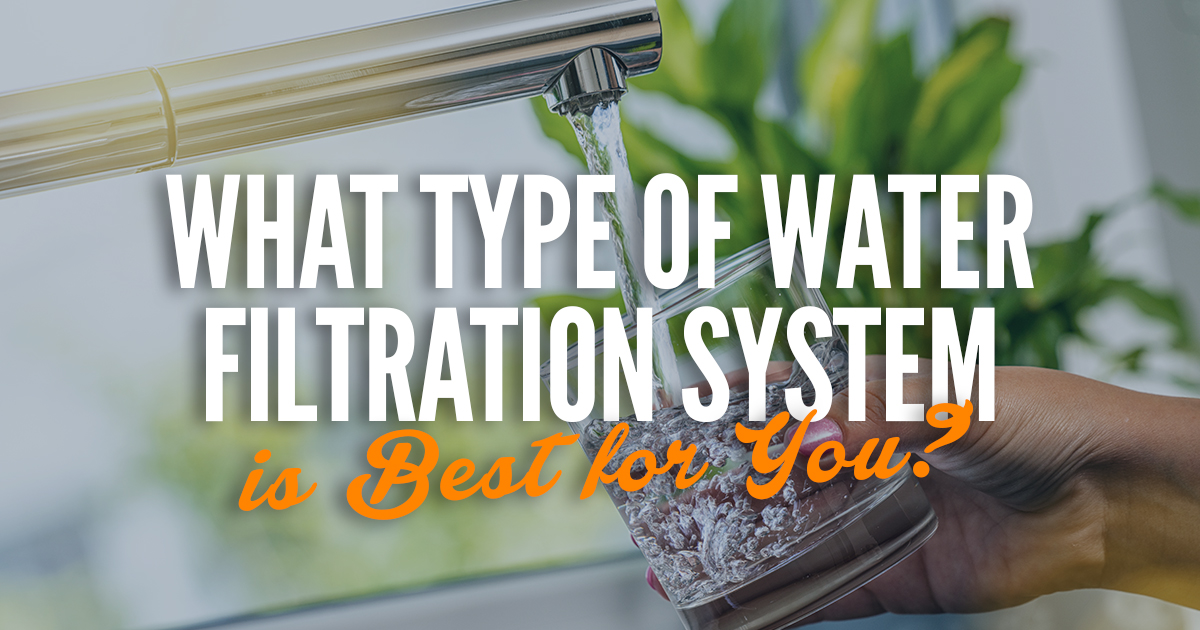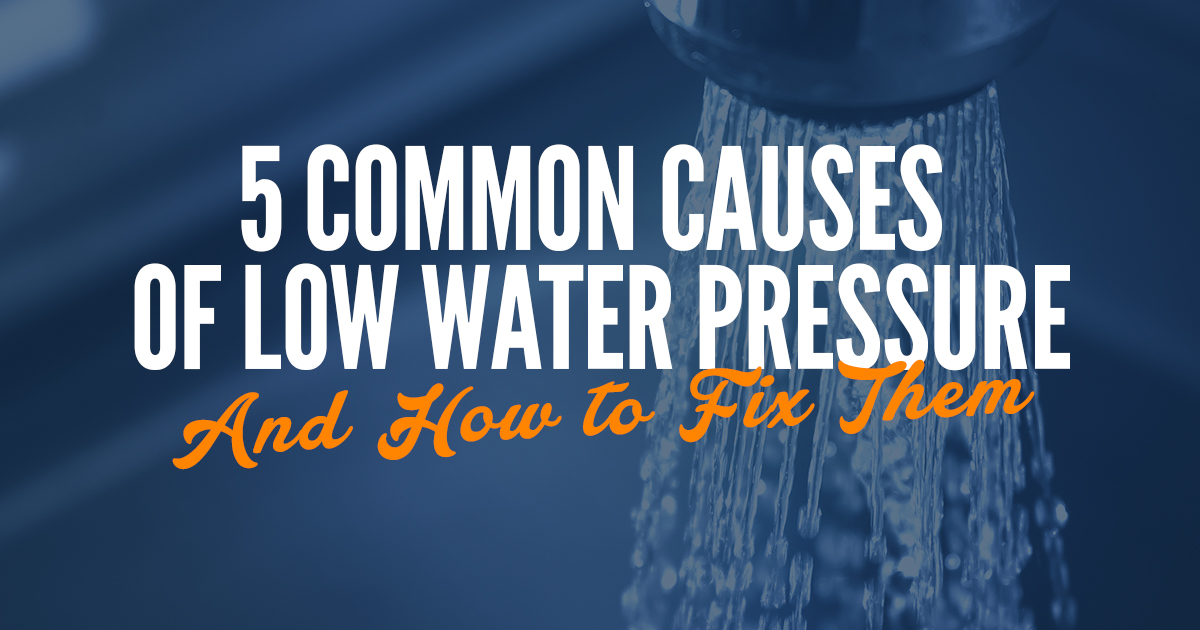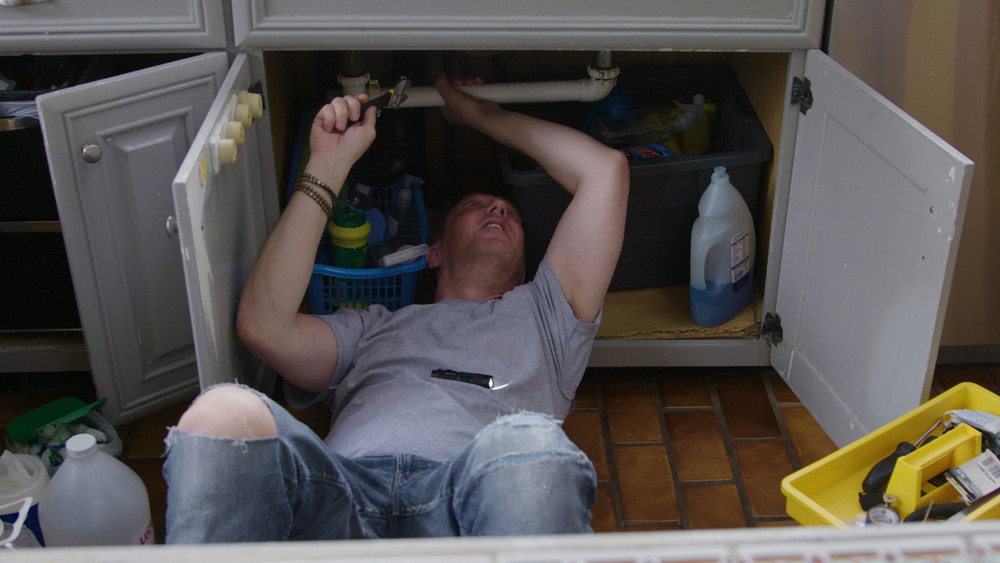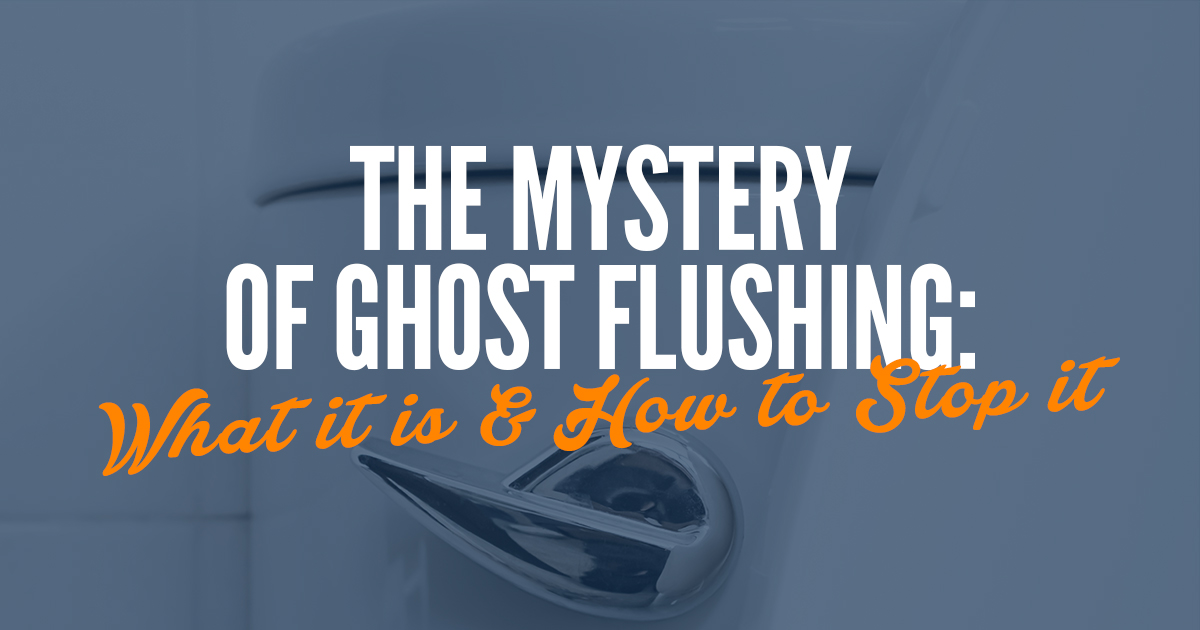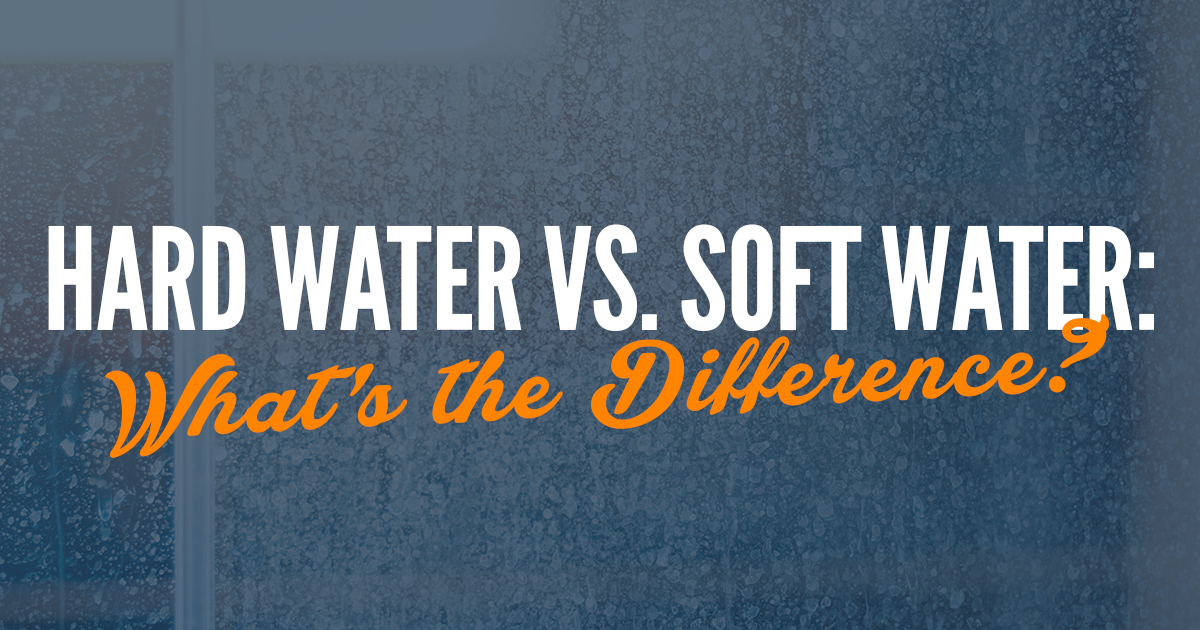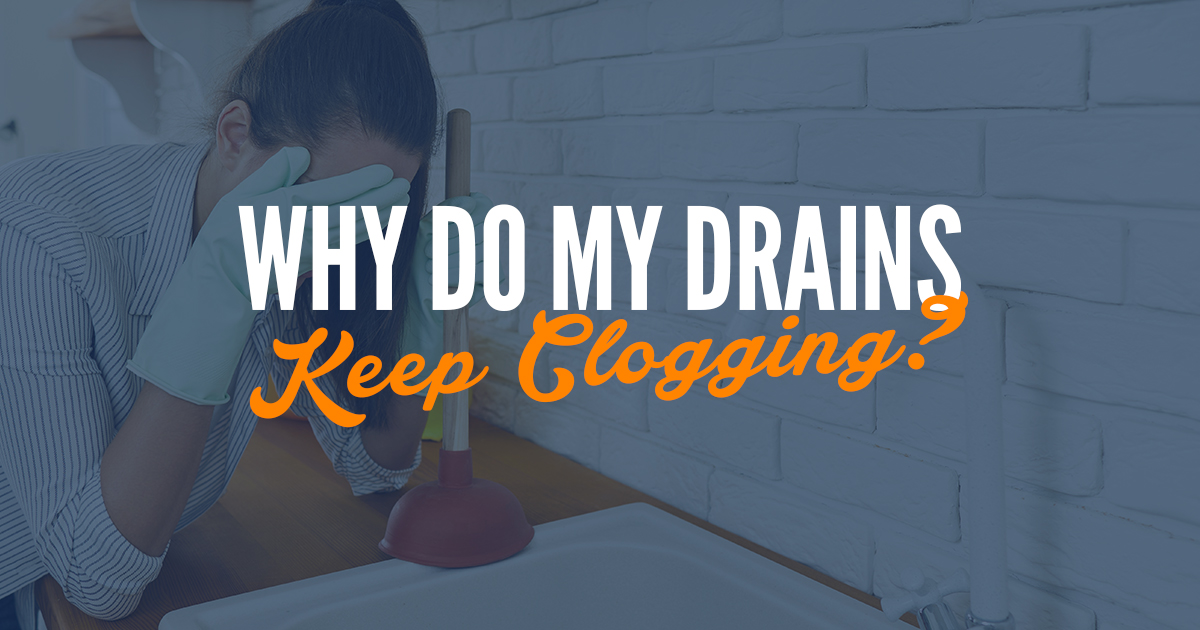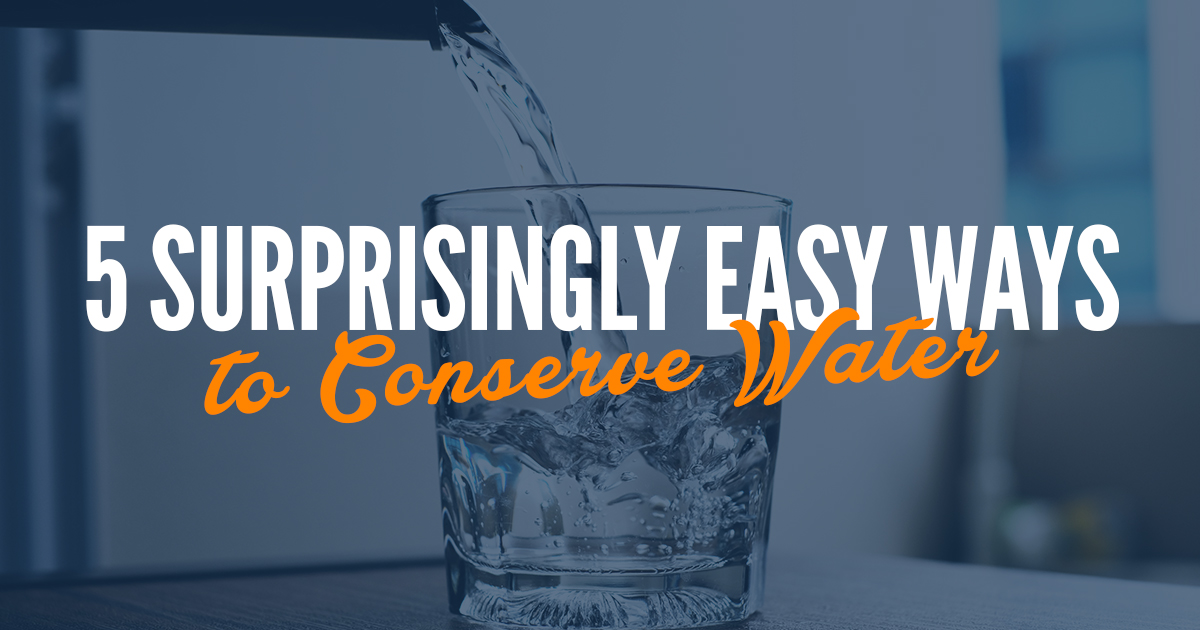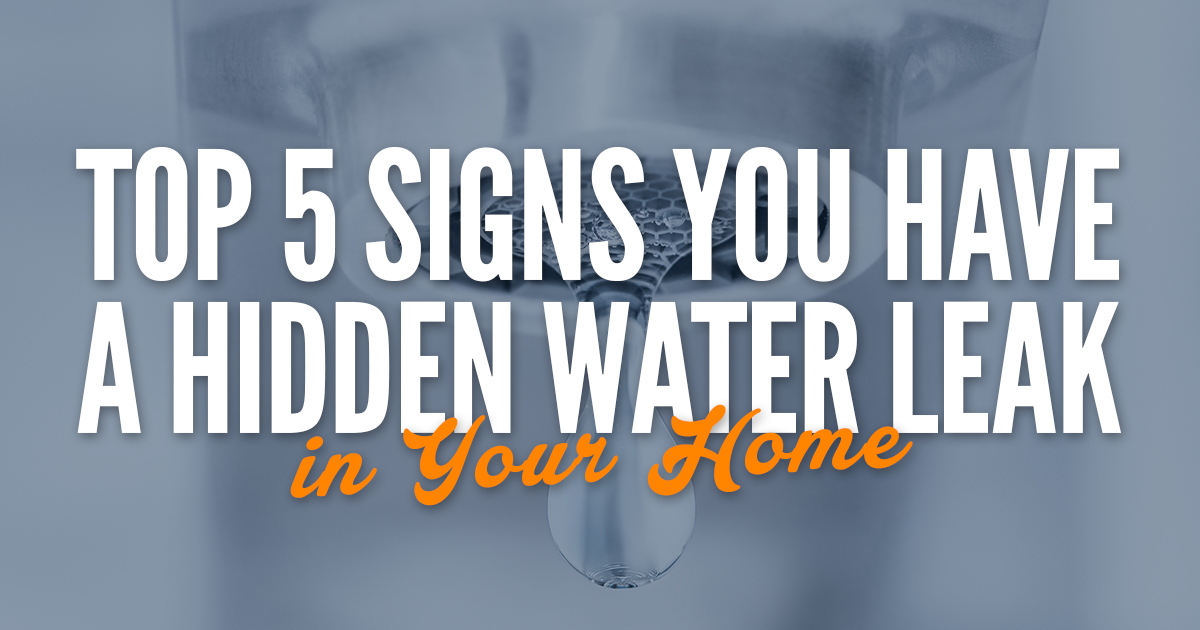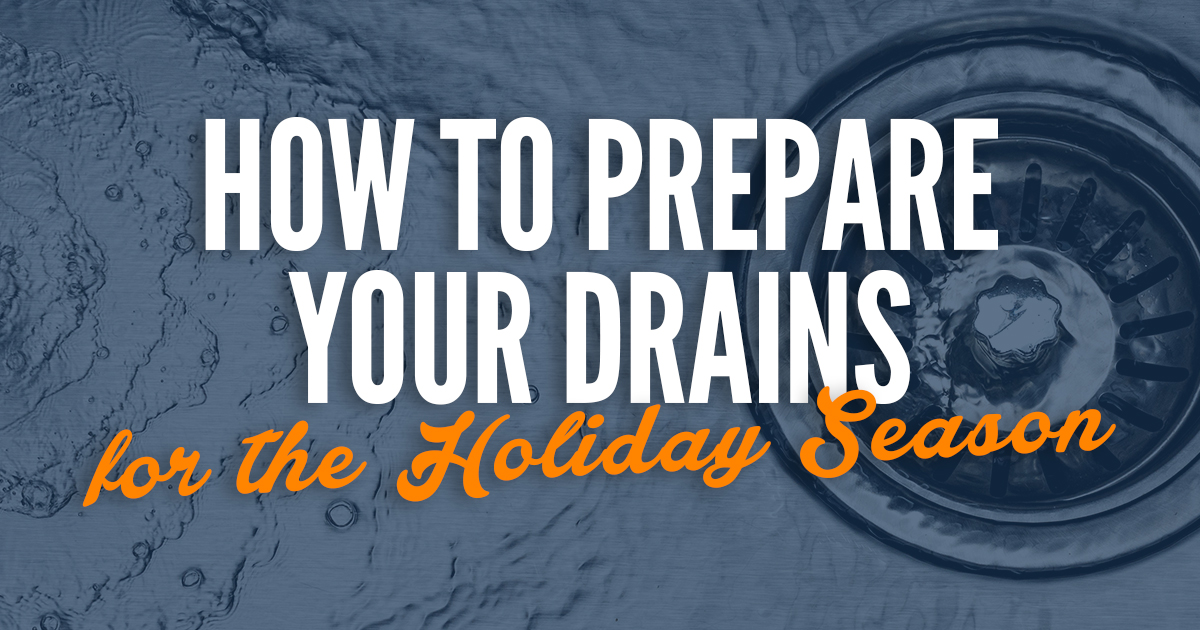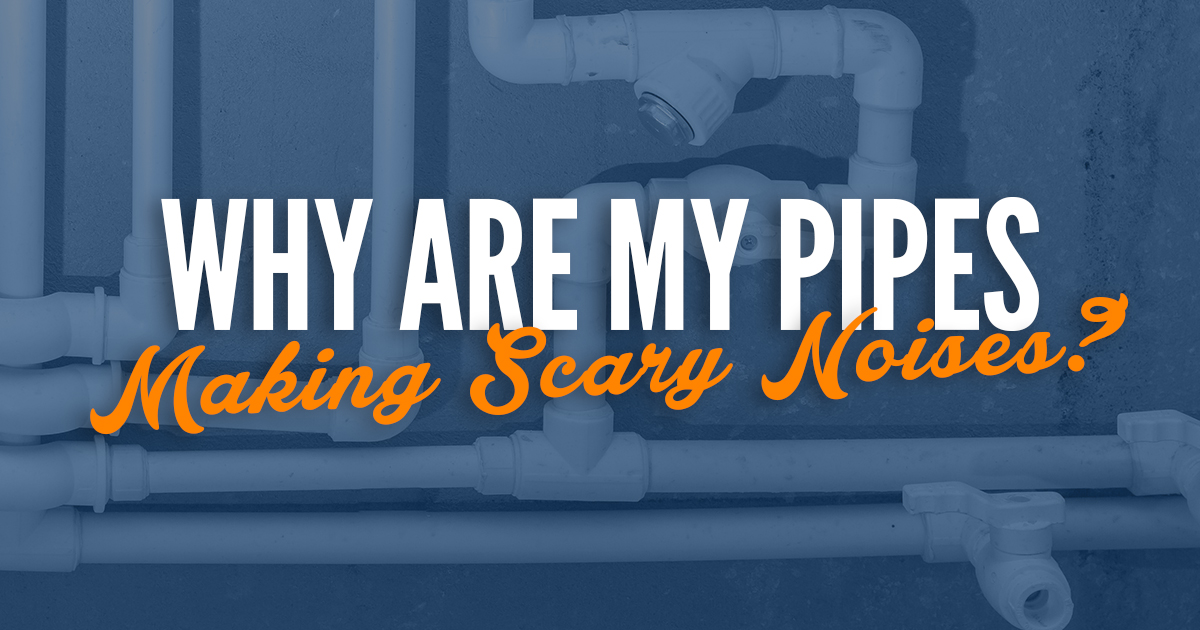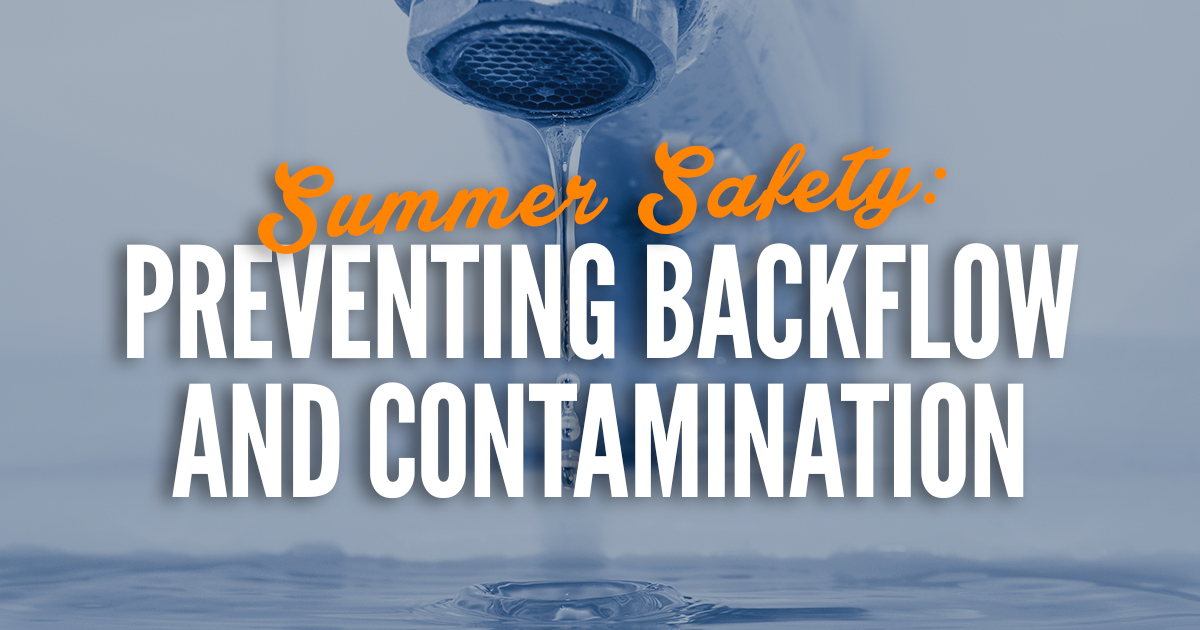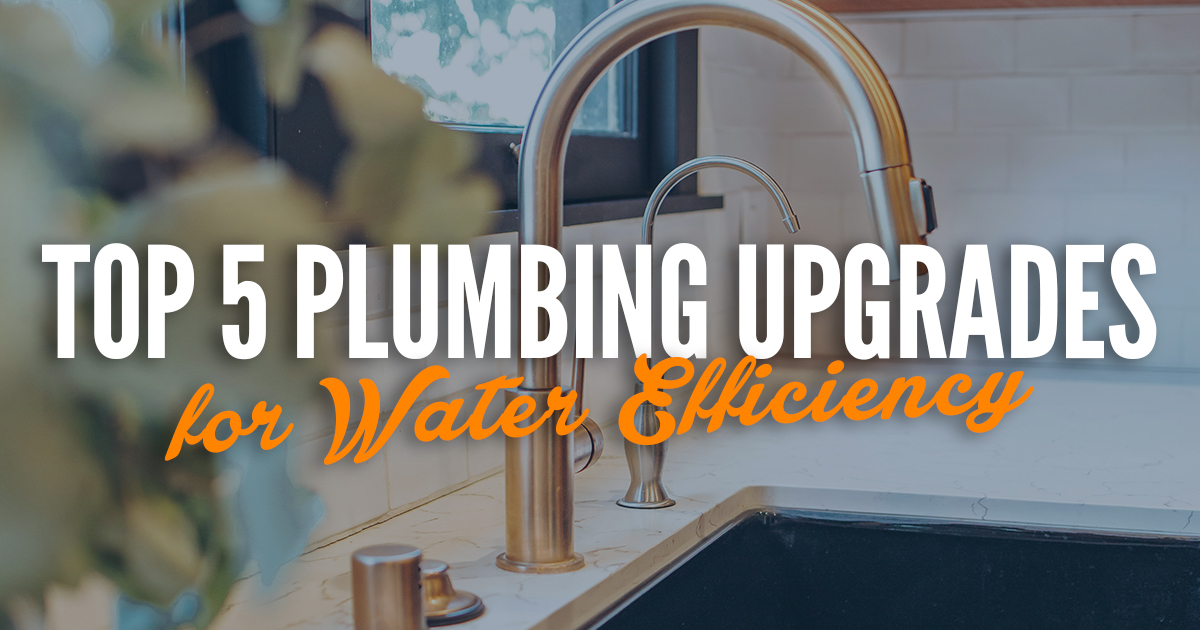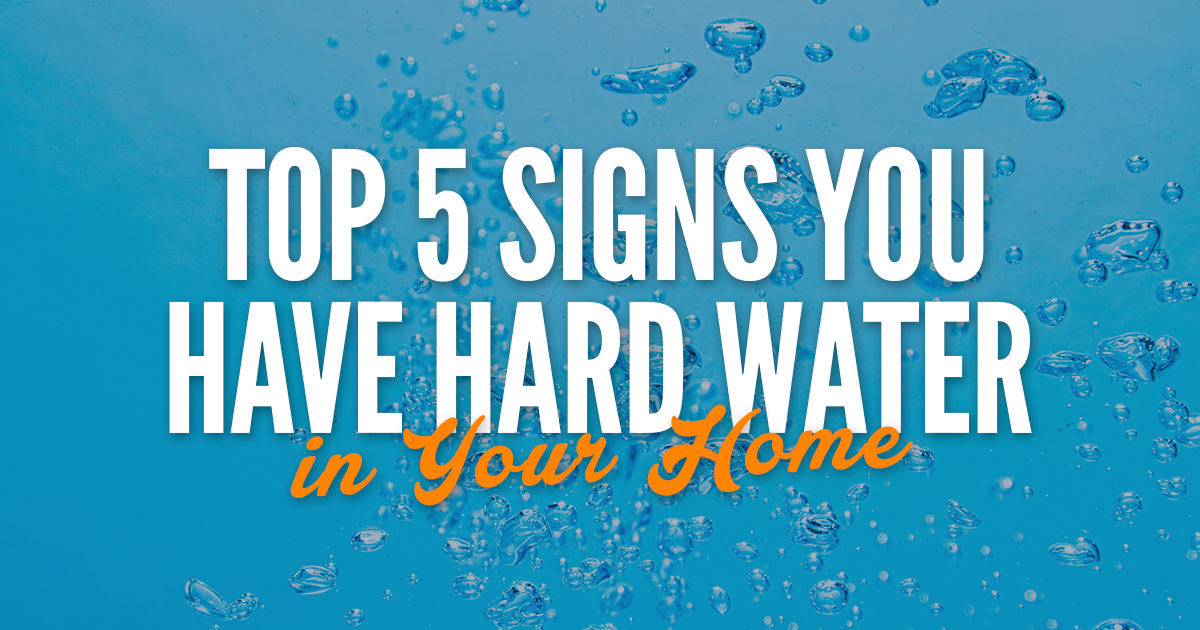Choosing the right water filtration system can be confusing with so many options available. Let’s break down the different types to help you decide which best suits your needs:
1. Whole-House Water Filtration
If you want clean, filtered water for everything you do at home, from drinking and cooking to bathing and laundry, a whole-house water filtration system is a great option. This system treats all the water entering your house, removing contaminants like chlorine, lead, and mercury. A whole-house water filtration system is a great option for those who want clean, filtered water for everything – drinking, cooking, and bathing.
- Pros: It’s convenient, allowing you to enjoy filtered water throughout your entire house. It also protects your plumbing and appliances from hard water buildup.
- Cons: It has a higher installation cost, and may not be necessary for homes that only have concerns about drinking water.
2. Under-Counter Reverse Osmosis (RO):
An under-counter reverse osmosis (RO) system is a great choice for those who live in areas with hard water or high levels of contaminants. It attaches directly to your under sink cabinet and uses a semi-permeable membrane to remove a wide range of contaminants, including dissolved solids.
- Pros: It’s the most effective filtration system on the market and removes a wide range of impurities.
- Cons: RO requires installation under the sink and wastes water during the filtration process. It also may remove beneficial minerals from the water (some systems have a remineralization stage).
3. Bathroom Filters
If you’re looking for a more targeted approach to water filtration, a bathroom filter might be a good option. These filters attach to your showerhead or faucet and remove chlorine and other contaminants that can irritate skin and hair.
- Pros: They improve the quality of your shower and bath water and are relatively inexpensive and easy to install.
- Cons: Bathroom filters only treat water at the point of use and doesn’t address contaminants throughout your house.
4. Water Softener
A water softener is a great option if you have hard water. Hard water contains high levels of minerals like calcium and magnesium, which can cause scale buildup in pipes and appliances, reduce the effectiveness of soap, and make showering less enjoyable. A water softener removes these hardness minerals, protecting your pipes and appliances, improving the effectiveness of soap, and making showers and baths feel more luxurious.
- Pros: Water softeners soften water for the entire house, extending the life of your plumbing and appliances and also making showers and baths feel much more enjoyable.
- Cons: They don’t, however, remove contaminants. These systems also may not be necessary if you don’t have hard water. Lastly, if you’re using an ion-exchange softener specifically, then it can increase sodium intake in softened water.
